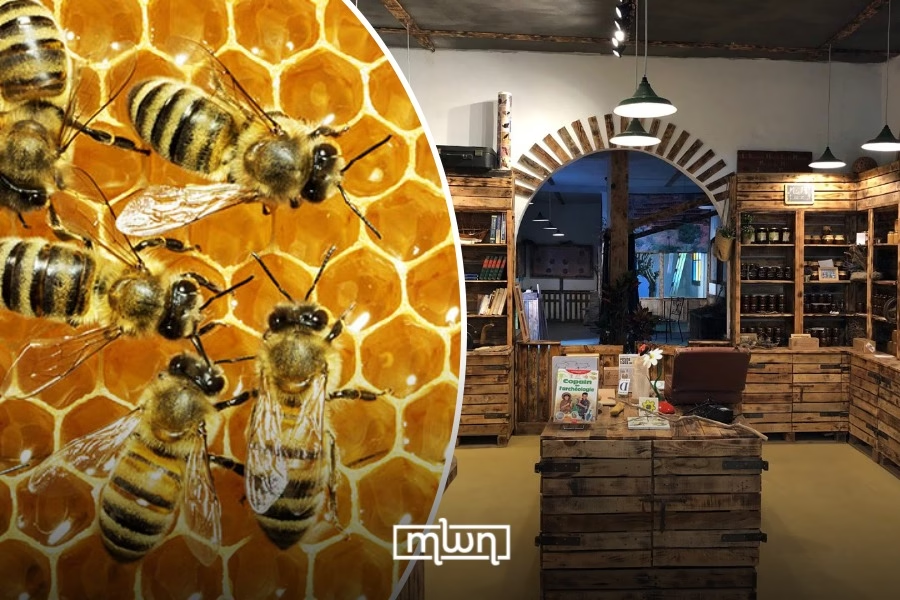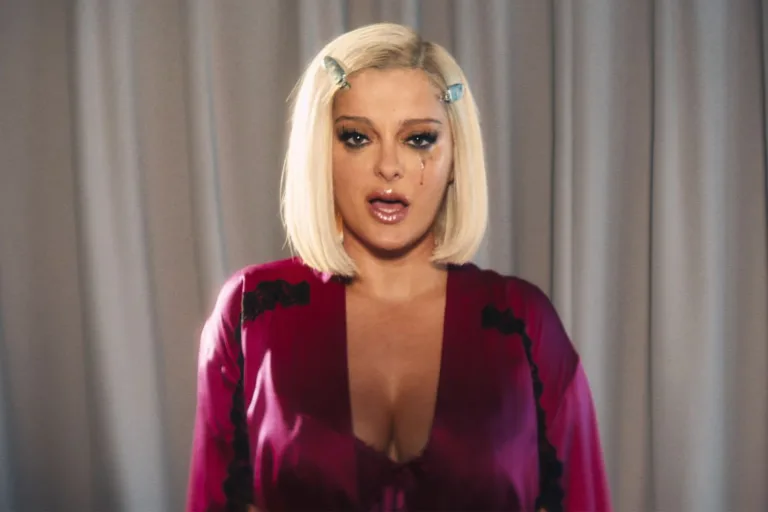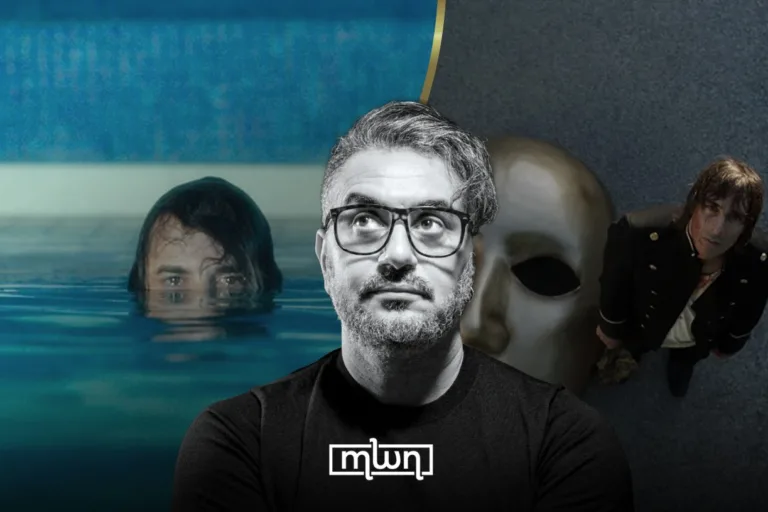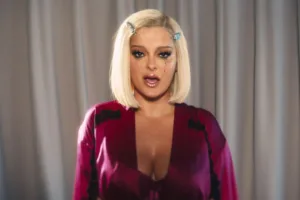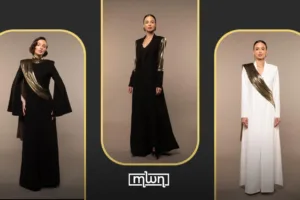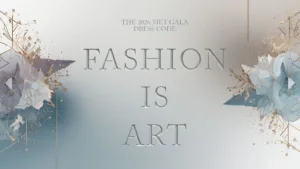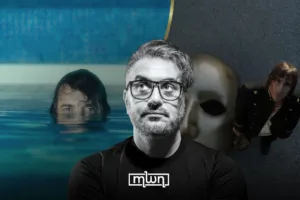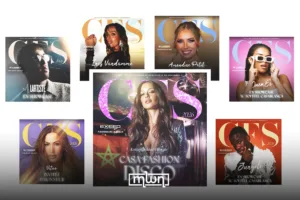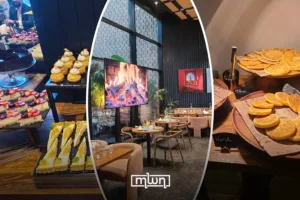Sale’s buzzing with more than traffic, there’s a hive of learning just around the corner.
Fez– After three decades living in France, Idriss El Ouarradi packed up his knowledge, his passion for bees, and a lifetime of experience, and brought it all home to Morocco.
In an interview with Al Jazeera, he explained how his dream of creating a space where people could fall in love with bees the way he did finally came to life in the form of the Bee Museum in Sale, just outside Rabat.
And this isn’t your average museum. It’s Africa and the Arab world’s first of its kind. An immersive, hands-on, honey-soaked wonderland that takes you deep into the mysterious, magical world of bees.
Since opening in 2019, it’s already welcomed over 3,000 curious visitors, from school kids on field trips to adults who just want to understand what really goes on inside a beehive.
At first glance, the museum looks like a peaceful little retreat, but step inside and you’re suddenly in the middle of a buzzing universe.
Transparent glass hives let you watch bees up close working, cleaning, raising babies, building wax, guarding the queen, and defending their turf like tiny warriors. It’s nature’s choreography, and it’s mesmerizing.
El Ouarradi’s goal? Make science accessible. Break down complex ideas. Get kids asking questions.
Get adults unlearning the myths. During school visits, he’s often surrounded by tiny hands in the air and big questions: “Do bees sleep?” “Does the queen boss everyone around?” He takes the time to answer every single one, not just with facts, but with wonder.
The museum is packed with surprises: detailed posters on the history of bees, tools used by ancient and modern beekeepers, and even rare books on bee science in Islamic history.
One section dives into the bee’s anatomy and communication style (yes, they do have a dance language).
Another shows how honey is made, step by sticky step.
There’s also a display of different types of honey, pollen, and even beauty products made from beeswax.
Plus, a mini-lab for studying bees more closely. But El Ouarradi isn’t just showing off, he is teaching.
For instance, many people think crystallized honey means it’s fake or spoiled.
Not true, he says. In fact, real honey should crystallize – it means it hasn’t been messed with.
Despite Morocco’s biodiversity, the country still imports 95% of its honey – a fact that for El Ouarradi, that’s unacceptable and completely fixable.
His solution? Educate. Share knowledge. Make beekeeping a thing again.
Built from scratch with his own money, this museum is a heartfelt contribution to his country and proof that sometimes, the smallest creatures can teach us the biggest lessons.

